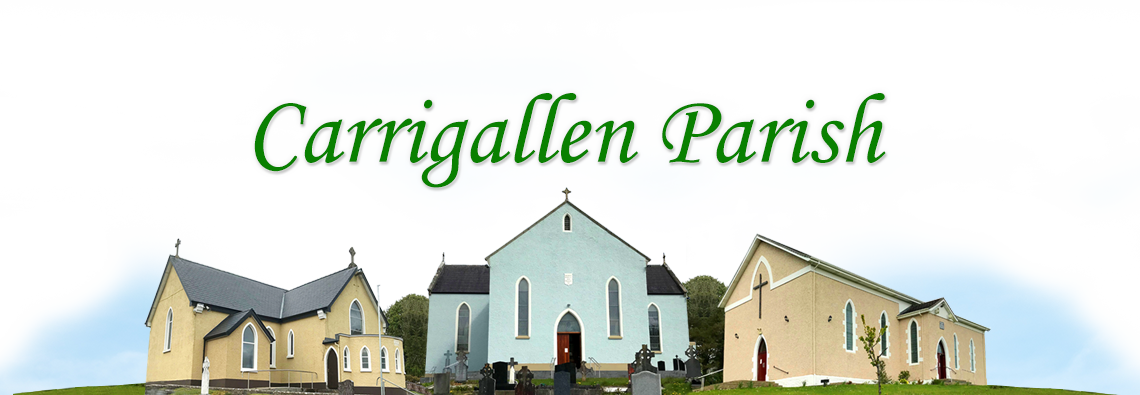FIRST HOLY COMMUNION
St. Mary’s, Drumreilly – Sat. 3rd May at 12 noon.
St. Mary’s, Carrigallen – Sat. 17th May at 12 noon.
CONFIRMATION
St. Mary’s, Carrigallen – Sat. 10th May at 11.00 am.

FIRST HOLY COMMUNION
St. Mary’s, Drumreilly – Sat. 3rd May at 12 noon.
St. Mary’s, Carrigallen – Sat. 17th May at 12 noon.
CONFIRMATION
St. Mary’s, Carrigallen – Sat. 10th May at 11.00 am.
© 2025 Carrigallen Parish | Terms | Login
Website by JMS WebDesign